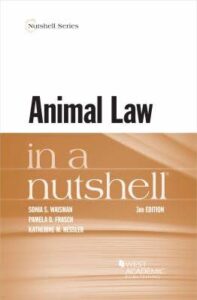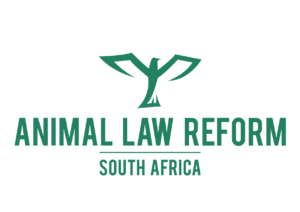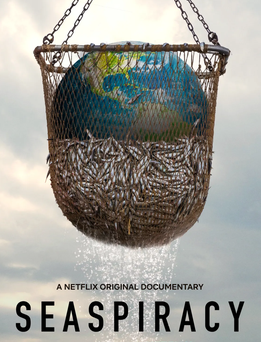ELA Streaming Club – Seaspiracy
Our third Streaming Club session on 24 June 2021 was hosted in collaboration with Animal Law Reform South Africa. The session engaged with laws, polices and practices concerning animal trading and consumption, with a focus on the exploitation of marine life. You can view a recording of the session on our YouTube channel.
The Streaming Club session had two parts:
Part 1 (STREAM): Before 7pm on 24 June, members and friends of the ELA streamed the Netflix documentary, Seaspiracy (1 hour 30 minutes long) in their own homes. Seaspiracy is a fantastic documentary by Ali Tabrizi:
“Passionate about ocean life, a filmmaker sets out to document the harm that humans do to marine species – and uncovers alarming global corruption.”
Part 2 (ENGAGE): Members and friends of the ELA engaged with our expert panel via Zoom from 7pm to 8pm on 24 June about insights arising from the film.
The panel was made up of three incredible and inspiring experts working the animal law space:

Prathna Singh

Amy P. Wilson

Kathy Hessler
Prathna Singh is a director of Ban Animal Trading South Africa; Amy P. Wilson is a Director of Animal Law Reform South Africa; and Kathy Hessler is a professor of animal law at Lewis & Clark Law School, USA.
Members participated in an online competition and to win a copy of an incredible book co-authored by one of our panelists, Kathy Hessler, Animal Law in a Nutshell. Members had to answer the question whether animal trading should be banned and motivate their answer. The winning answer of the competition was submitted by Melissa Strydom:
Although most animal lovers may want to see a complete and outright ban on animal trading, it is not something that can happen instantaneously (as a matter of fact and law). Introducing any new legal regime or a substantial change in an existing legal regime requires transitional provisions and a just transition (which are critical to any successful change). Many environmental laws in South Africa, and the frequent changes to such laws, often lack necessary or practical transitional provisions. It has often created inadvertent illegalities, unenforceable and flawed provisions. These challenges would equally apply to an animal law reform regime, including one that intends to ban animal trading or specific animal trades. Unfortunately, animal trading is vast. Even some animal lovers and activists may realise that a complete and outright ban may directly impact their daily lives and livelihoods. Thus, several factors are relevant in considering which trades should be banned, the priority and rate at which bans should be approached. First, the level of impacts and cruelty within a particular industry should be considered and rated according to priority. Second, the practices should also be rated based on sustainability principles, considering their environmental (including animal), economic and social impacts and considerations. Thirdly, strategic ‘low hanging fruit’ amendments that may better regulate particular trades, and which could provide for a ‘phasing out’ regime should be identified (similar to how we have phased out certain chemicals). Fourthly, an assessment of enforcement capacity is required to inform the pace at which transitions could occur and the capability of it being enforced/enforceable. Finally, priority or practicality ratings (informed by the prior factors) should inform the precedence with which a particular ban, stricter regulation or ‘phase out’ should be approached and lobbied with legislators. An ideal world may have a total ban on animal trading. However, human history has involved exploiting animals for over millennia. Reversing those practices will take time. Therefore, the actions that intend to effect such change over time should be legally defensible and provide for practical, rational and realistic transitions.
Join the ELA to participate in future competitions!

The ELA thanks Animal Law Reform South Africa for their collaboration on this event!

The panel was co-chaired by Dr Melanie Murcott, Vice Chairperson of the ELA and a Senior Lecturer in Environmental Law at the University of Pretoria, and Tokyo Ndlela, a recent LLM graduate in Environmental Law at the University of Pretoria, practicing attorney and animal rights activist.

Melanie Murcott

Tokyo Ndlela


